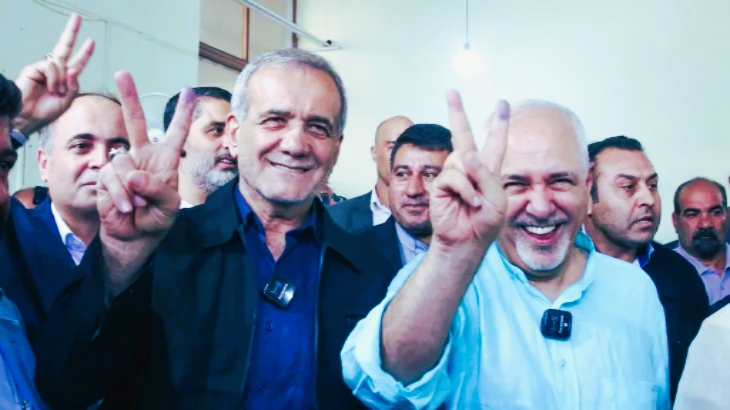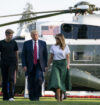Reformist Masoud Pezeshkian Elected Iran’s New President
In a significant political shift, reformist Masoud Pezeshkian has been elected as Iran’s new president, triumphing over his hardline conservative rival, Saeed Jalili. Dr. Pezeshkian secured 53.3% of the more than 30 million votes cast, compared to Jalili’s 44.3%, in an election marked by historic voter turnout dynamics and recent national tragedies.
The presidential run-off was necessitated after no candidate achieved a majority in the initial round of voting on June 28, which saw a historically low turnout of 40%. However, the final round witnessed a higher participation rate of 50%, reflecting a surge in voter engagement despite widespread discontent and a politically charged atmosphere.
The election of Dr. Pezeshkian, a 71-year-old heart surgeon and parliament member, has garnered international attention, with leaders from China, India, and Russia extending their congratulations. His victory was celebrated by supporters across Tehran and other cities, with social media abuzz with videos of jubilant young people waving green flags and celebrating in the streets.
Dr. Pezeshkian’s campaign was anchored on promises of unity, cohesion, and ending Iran’s international isolation. He has been openly critical of Iran’s notorious morality police and advocates for constructive negotiations with Western powers to revive the 2015 nuclear deal. His opponent, Saeed Jalili, a former nuclear negotiator known for his hardline anti-Western stance, opposed such reforms and supported maintaining the status quo.
The recent election was called following the death of Iran’s previous president, Ebrahim Raisi, in a helicopter crash in May. The political landscape has been shaped by years of civil unrest, culminating in anti-regime protests during 2022-23. Many young and middle-class Iranians, deeply mistrustful of the establishment, had previously abstained from voting.
The Guardian Council’s stringent vetting process, which disqualified 74 candidates including several women, also influenced voter sentiment. Critics argue that the lack of candidate diversity and the impossibility of significant change under the Supreme Leader’s tight control fueled voter apathy and discontent.
Supreme Leader Ayatollah Ali Khamenei addressed the low turnout, dismissing suggestions that it indicated a rejection of his rule. He acknowledged the presence of dissenting voices within Iran but insisted that these do not equate to a broader anti-establishment sentiment.
As Dr. Pezeshkian prepares to assume office, his victory represents a potential shift in Iran’s domestic and international policies. His promise to renew negotiations over the nuclear deal and his stance on internal reforms signal a new chapter for a nation grappling with deep-seated political and social challenges.
This historic election underscores the complexities and evolving dynamics of Iranian politics, with the new president facing the formidable task of addressing both domestic discontent and international relations.



